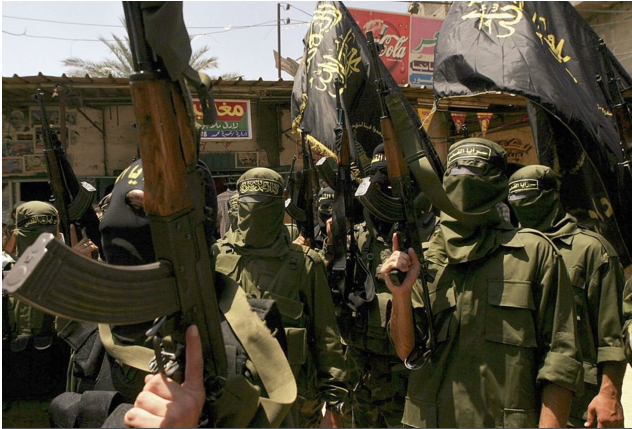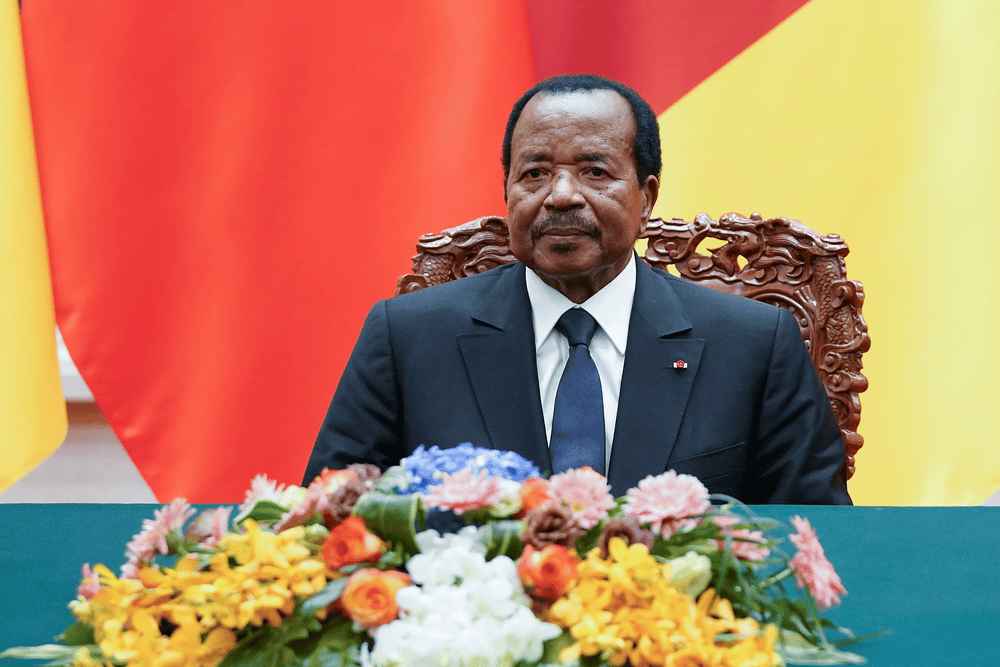
Jihadist attacks displaced 210,000 Mozambicans: UN
 More than 210 000 people, most of them women and children, have been forced to flee their homes in northern Mozambique since 2017, when a shadowy Islamist group started waging deadly attacks on the region, the UN said Thursday.
More than 210 000 people, most of them women and children, have been forced to flee their homes in northern Mozambique since 2017, when a shadowy Islamist group started waging deadly attacks on the region, the UN said Thursday.
Around 50 000 of those displacements have occurred in the past three months, as the jihadists ramped up their bloody campaign in the southern African country’s gas-rich Cabo Delgado province.
“Displacement has risen rapidly as violence has escalated, with 211 485 people now estimated to be internally displaced in Cabo Delgado,” the UN Office for the Coordination of Humanitarian Affairs (OCHA) said in a statement, citing IOM statistics.
That represents nearly a tenth of the province’s 2.2 million population.
Since October 2017, the jihadists have wrought havoc among the province’s communities, staging around 300 attacks, burning huts, decapitating villagers and killing more than 1 100 people, according to the Armed Conflict Location & Event Data Project (ACLED).
They have grown bolder in recent months, stepping up attacks and venturing into towns as part of a declared campaign to establish an Islamist caliphate.
“While violence was previously confined to smaller villages, attacks on district capitals have increased in 2020, leading to larger displacement flows,” OCHA said.
The surge in the number of displaced – combined with a lack of capacity to accomodate victims and the lingering impact of a devastating 2019 cyclone – has created a humanitarian crisis in the province.
Last year the region was hit by Cyclone Kenneth, one of the strongest cyclones to ever hit the African continent.
The Mozambican army and police – recently supported by private military companies in the region – have failed to bring order.
The latest attack, which occurred in the Macomia district late last month, is considered by experts to be the most violent and most organised by the group locally known as Al-Shabaab, which has no link to the jihadist group of the same name that operates in Somalia and Kenya.






